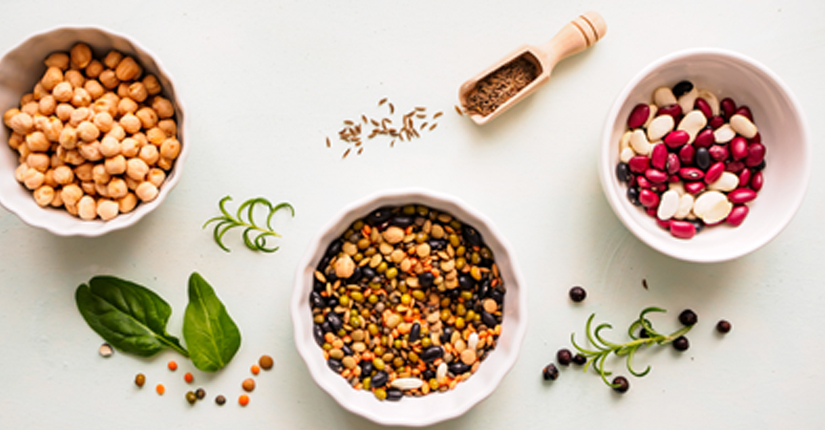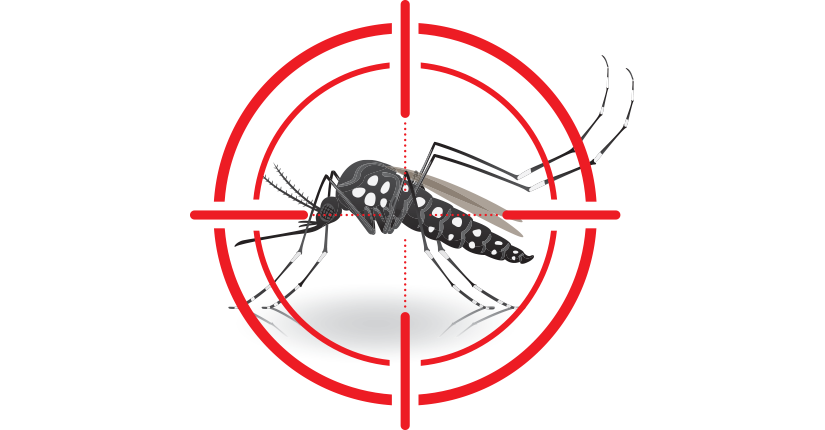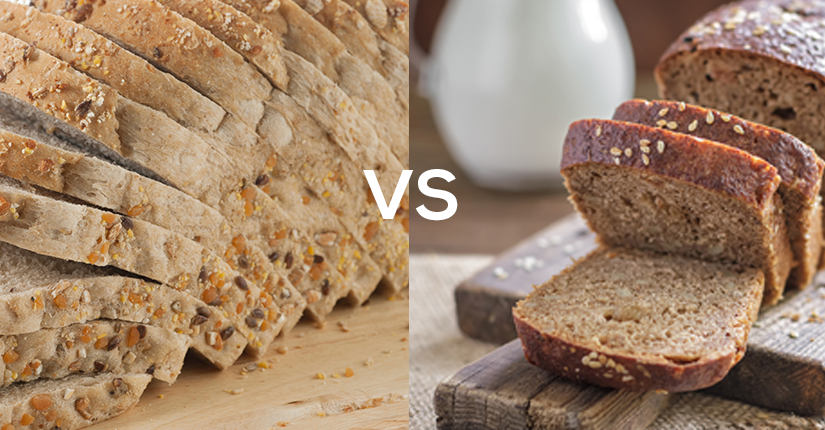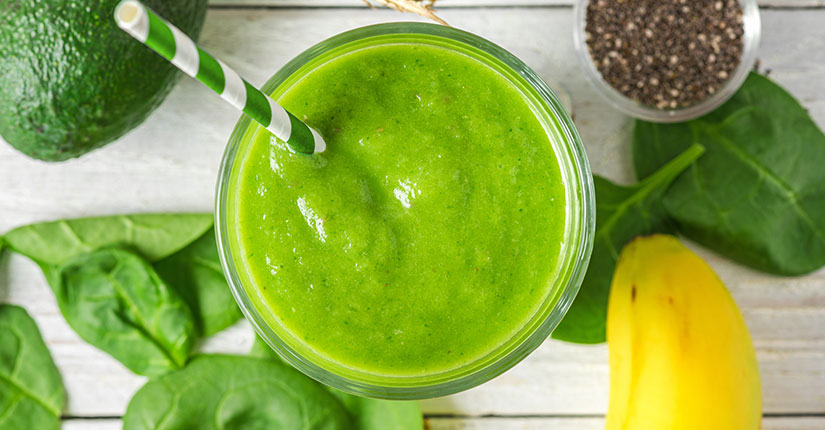Here we Bust 5 Common Myths around Protein
By Nmami Life Editorial 11-Mar 2020 Reading Time: 6 Mins
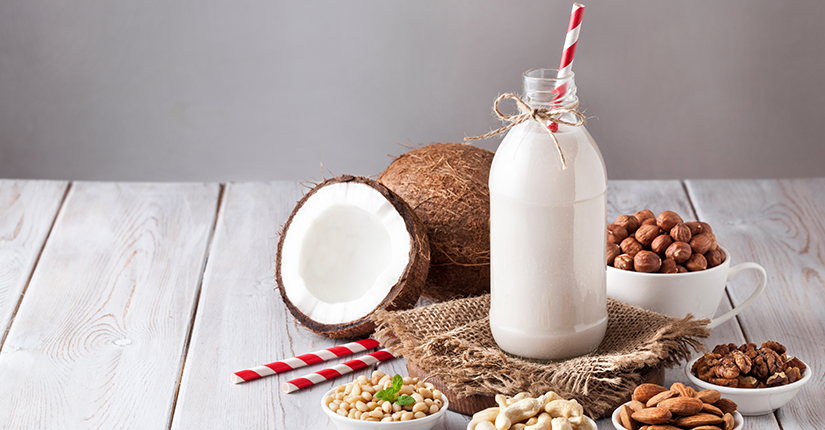
We live in a world where all of us are constantly watching or listening or are engaged in content. Too much information around us can cause problem, leaving us confused about what to follow and what not. It is always good to separate fact from fiction and it becomes more important when it’s about protein consumption.
Protein being our building block of body is an essential macronutrient that performs many crucial functions in the body. Protein is present in muscles, skin, hair, organs as well as the skeletal system. It also functions as various hormones and enzymes. It provides structure to your body and is actively involved in repairing any wear and tear of tissues and muscles. We all know that consuming protein every day is a must. But, are we doing it the right way? There are many myths about protein consumption- let us bust the most common ones:
Myth 1: You can’t get enough protein from a vegetarian or plant-based diet
Fact- To label a food source as “complete” protein it should be able to provide all the nine essential amino acids that the body cannot produce on its own. While most of the animal products are regarded as complete sources of protein, many plant-based food sources also provide the essential amino acids. Some examples of good quality complete proteins are soy and its products, quinoa and buckwheat. Essentially when you combine rice with pulses- it becomes a complete meal within itself and the process is known as mutual supplementation. Good quality plant-based protein is also found in sources like legumes, chickpeas, kidney beans, walnuts, sesame seeds, chia seeds, and oats.
Myth 2: Protein is only required by body builders/ athletes
Fact- The functions of protein are just not limited to muscle growth or development. Proteins function as the basic building blocks of your body. Your skin, hair, nails, tissues, and muscles comprises of proteins. Protein promotes satiety and boosts metabolism. The amount of protein required by everyone, however, depends on their lifestyle, age and the type of life they lead which is mostly sedentary.
Myth 3: Supplemental protein is better than dietary protein
Fact- You might feel protein powder and protein drinks are a better and easy go to option. Getting tempted by all those fancy labels and fancy packages of protein claiming to work on muscles, weight loss, fat cutting and what not is also common but, the fact is – natural protein through natural dietary sources is somewhat better than supplemental protein. If you are able to meet your dietary protein requirements through diet, there is no need to go for supplements.
However, supplements might be required in certain cases- always consult a qualified dietician before taking up any food supplement.
Myth 4: Protein needs are same throughout life
Fact- The current recommendations of protein requirement are based on meta-analysis studies of nitrogen balance. The current Recommended Dietary Allowance (RDA) of protein is 0.8-1 grams per kilograms of body weight, but your protein needs increase as you age because older people progressively lose muscle mass- a condition known as sarcopenia. Major protein requirement is during infancy and early childhood for rapid growth.
Myth 5: You should only consume protein after an intense workout
Fact – There is no need of restricting your protein consumption only after or before your workouts. Similar to carbs and fats, you need constant supply of protein throughout the day. You will definitely reap more benefits of protein if you include it in small portions throughout the day. In fact, make it a thumb rule to have protein-rich breakfast as it will kick-start your metabolism and keep you energized throughout the day.
Over to you
Not only a regular workout person or a body builder needs protein but every one of us requires a daily consumption of it. Protein helps in cell development and repairing the wear and tear of the body tissues and hence becomes more essential for our body.


